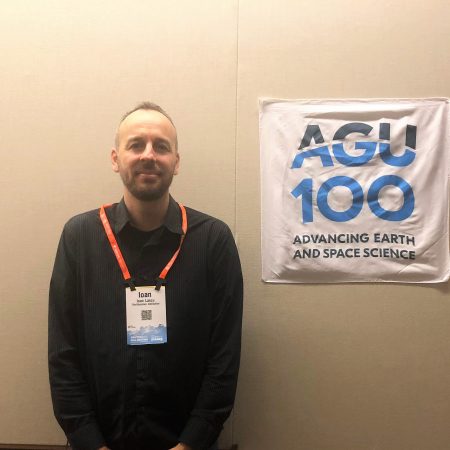Refine
Date Range Clear
Recorded by Clear
Keywords Clear
Partnerships Clear
- No matching terms.
Organizations Clear
- American Geophysical Union 83
- AGU 21
- NASA 18
- National Aeronautics and Space Administration 9
- The American Geophysical Union 5
- 15 more
Places Clear
Languages Clear
Initiatives Clear
- No matching terms.
Lawrence Friedl discusses his life and experiences as Director of the Applied Sciences Program in the Earth Science Division at NASA Headquarters. Interested in space from a young age, he developed an interest in how the environment and public policy...
After being drawn to the oceans at an early age, Paula continues to examine many factors that influence changes in the oceans. As a program manager for NASA, she enjoys the opportunity to work with dedicated researchers and learn how...
When Quinyan Duan was a student in China, he found his way into hydropower engineering. He wanted to pursue a graduate degree but couldn’t find the right professor to guide him. He took the difficult step of applying in the...
Duane Waliser’s path in science meandered from an Oregon apple farm to a UCSD Oceanography institute to NASA’s Jet Propulsion Laboratory, where he now serves as the Chief Scientist for the Earth Science and Technology Directorate. At JPL, Duane helps...
Erica Bickford’s advice to early career scientists or students is to look outside academia and explore all the potential career options available to scientists. She is particularly aware of the importance of science in daily life and in the policy...
Geophysicist Dusty Schroeder and University of Colorado engineering student Kathy Vega talk about their first-to-college experiences and their field of radioglaciology and cryospheric science. Dusty shares his story of how one science lecture changed his whole life's trajection. (Recorded 14...
In this interview, part of the AGU Narratives project and AGU Paths Through Science, Juan Declet-Barreto discusses his work with the Union of Concerned Scientists, his involvement with the Thriving Earth Exchange (TEX), and the forces that shaped his path...
Meet Brian Campbell, a NASA Senior Earth Science Specialist who works with satellite missions like ICESat-2, SMAP, GPM and with the NASA GLOBE Program, including the NASA GLOBE Observer Citizen Science App. He is passionate about making the plethora of...
AGU Virtual Poster Showcase Winner with Marlene Vargas-Sanchez, master’s student in earth science at the National Autonomous University of Mexico.
David Crisp, senior research scientist at NASA, recounted his adventures, from going from a physics education major who had a paper on Venus winds published by Carl Sagan to a doctoral student at Princeton to helping fix Hubble. He described...
We won’t say how long Susan Lozier has been shaping young minds at Duke University (she may let it slip), but she talks about amazing changes that have happened during her tenure. She grew up wondering how rivers get polluted,...
In begin in 1979, when Margaret Kivelson, UCLA, was part one of three women presenting a talk in which Fran Bagenal, University of Colorado Boulder, was sitting in the audience. They have been space scientists and collaborators for many years...
Denise Hills, Director in Geological Survey of Alabama and AGU leader shares stories of her collaborative experiences and how it has shaped her career. She discusses the significance of the growth of science and the importance of communicating science to...
AGU Virtual Poster Showcase Winner Interview with Trista McKenzie, doctorate student, at the University of Hawaii, Manoa
Chris Ballentine, University of Oxford, discusses his work as "helium hunter," seeking global reserves of Helium, significant as a natural resource-limited in its scope. Chris discusses geopolitics and the need for the market to drive the search for helium which...
Dr. Alex Lockwood is the project scientist on the science communication team for the James Webb Space Telescope at the Space Telescope Science Institute. While earning her Ph.D. in Planetary Astronomy and Science, Alex had the unique opportunity to star...
Tong Zhu atmospheric chemist and university professor shares his experiences studying air pollution and its impacts on human health. Reflecting on how past discoveries influence solutions and how those solutions impact government policy. He shares stories about his work for...
Jim Irons grew up in the 1960s and 1970s in Cleveland when environmental conservation was becoming more important for society, but it wasn’t until the Cuyahoga River in his hometown of Cleveland caught on fire in 1969 that his desire...
In this inspiring interview, Becca Barnes, Bianca Rodriguez-Cardona, Evelyn Valdez-Ward, and Ben Sulman, four early-career biogeoscientists come together to share their reflections on what it means to be a scientist today. How can scientific knowledge be spread on social media?...
Roberta Rudnick, Professor at University of California Santa Barbara, was captivated by science from a young age, witnessing the Mt. Saint Helens eruption while in college, and traveling the globe to understand plate tectonics, and how and why continents form...
Is it a good time to be a climate scientist? Yes, says Phil Mote, Director Oregon Climate Change Research Institute at Oregon State University. Predictions over the past 40 years are coming true and while some look at that with...
Emily Schaller, project manager at NASA's National Suborbital Research Center at Ames, discusses her Ph.D. work studying the clouds on Titan and her work as a science and education. She recalled how as a young child, she would study illustrations...
Don Boesch shares his story in science policy with Eric Davidson. Bringing together his experiences from marches on the Vietnam war to his recent march experiences in 2017 for science and climate. Reflecting on the importance of these events and...
If you’re a scientist in an oceanography department, you’re probably studying the ocean, right? Well, part of your job might be studying things like phytoplankton, the tiny oceanic powerhouses that play a crucial role in our planet's ecosystem. But how...
Ioan Lascu, research geologist at the Smithsonian Museum of Natural History, shares stories of his work studying minerals and rock magnetism. What do bacteria affect magnetism? What can we learn from stalagmites and stalactites? Why has there been in a...
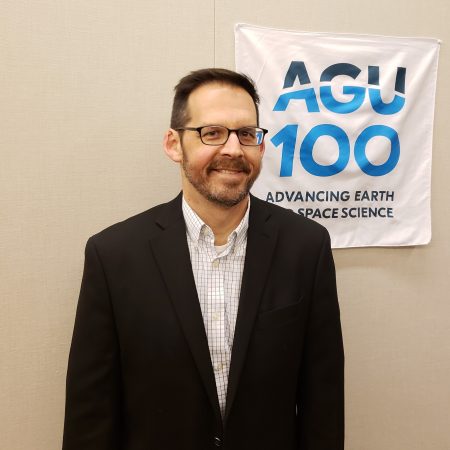

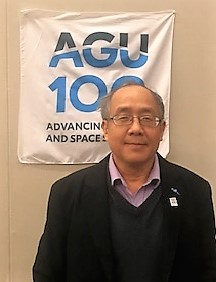
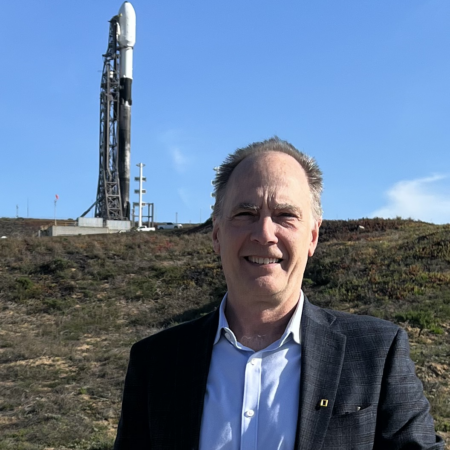
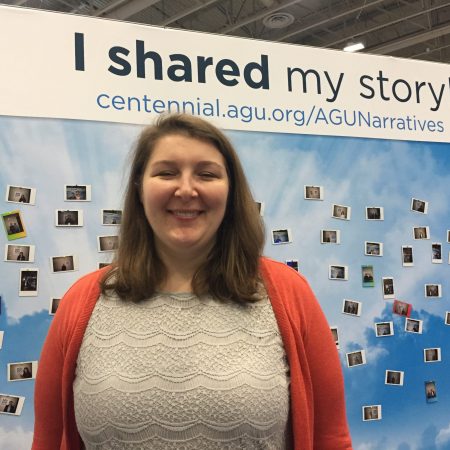
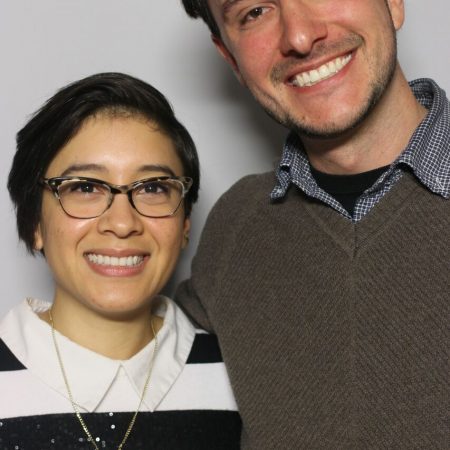
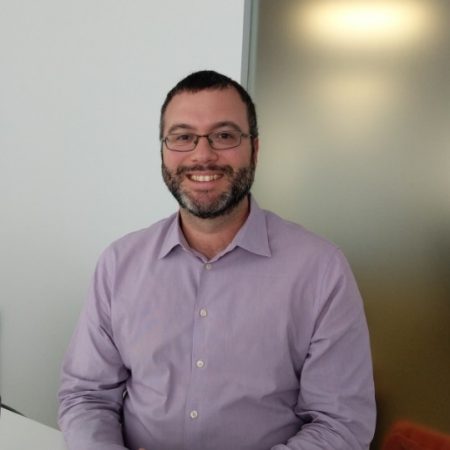
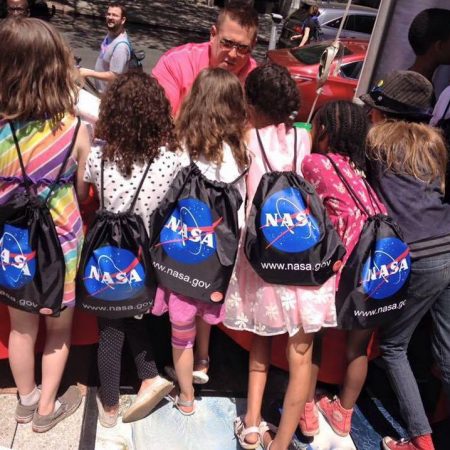




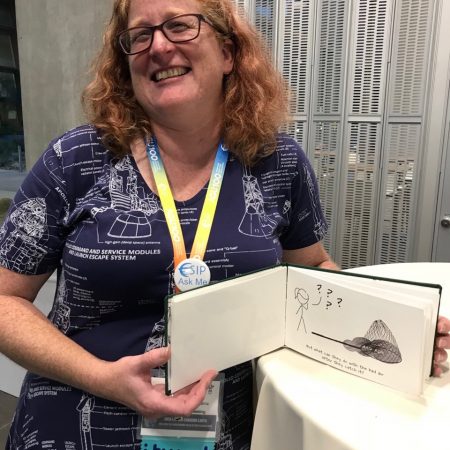

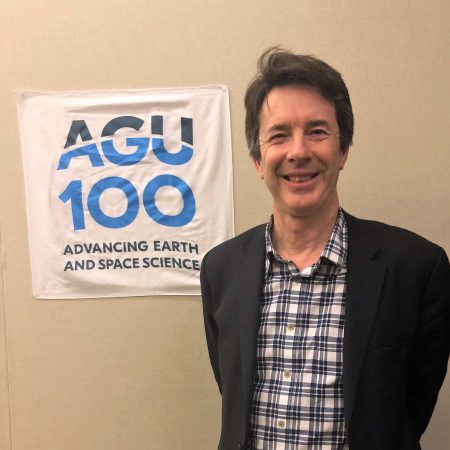
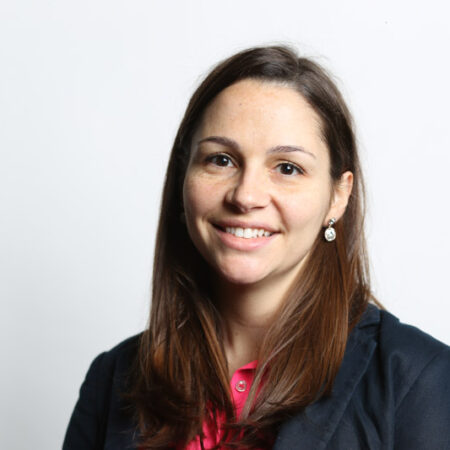
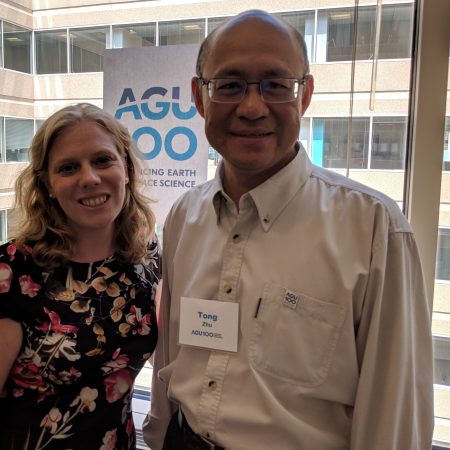
!["AGU is interdisciplinary, [it] helps breaks down the disciplinary stovepipe we often get into." an interview with Jim Irons](https://archive.storycorps.org/uploads/2019/02/181212_Irons-450x450.jpg)


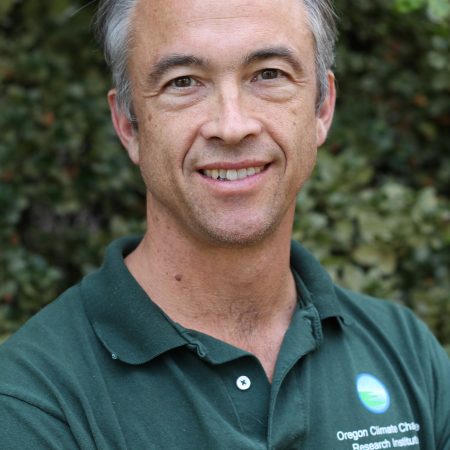


!["When people [get] a science education...they underestimate how important human relations are to that." An interview with Kirk Knobelspiesse](https://archive.storycorps.org/uploads/2023/10/6527f43a0f97c__pace_knobelspiesse-365x450.png)
